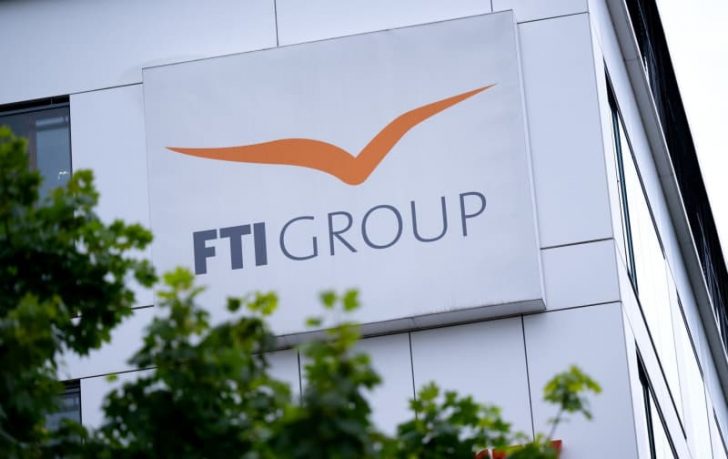Europe’s travel industry just lost a giant. On June 3, 2024, FTI Group, once Europe’s third-largest tour company, filed for insolvency. Based in Munich, the company left nearly 175,000 travelers in limbo and a trail of unpaid debts worth $1.07 billion (€1 billion)
FTI’s European empire started shaking long before June 2024. The company wasn’t blindsided. Booking numbers had slumped for months, especially after pandemic recovery stalled. The company pinned its hopes on an investor group led by Certares. The US-based firm pledged €125 million, but the deal dragged, and cash ran dry. Delays became fatal for the European travel giant.
June 4 became the day European vacations got canceled.
Trips booked under FTI brands like 5vorFlug, BigXtra, and DriveFTI vanished overnight. Around 175,000 travelers faced canceled or severely disrupted plans. European airlines, resorts, and agents scrambled to find alternatives. Travel forums lit up with refund questions and angry posts. The summer holiday season took a serious hit.

E Online! / Certares, known for investing in travel firms, had the money but not the timing. Although it agreed to inject €125 million in April, the transaction stalled.
Regulatory hurdles and due diligence delays pushed FTI past its limits. By June, the funding was too late to cover day-to-day operations.
Unlike the 2019 Thomas Cook collapse, FTI’s downfall didn’t trigger mass repatriation chaos. The German Travel Security Fund (DRSF) moved fast. It coordinated returns for stranded travelers and minimized panic. European governments, still wary of past failures, quietly helped ensure a smoother exit for affected tourists.
European Creditors Face a Long Wait
FTI owed over $1 billion, including pandemic loans from Germany’s WSF and banks like UniCredit. Over 350,000 creditors are now in line, from vacationers to airlines like Condor and SunExpress.
Axel Bierbach, the insolvency administrator, warned that assets were limited and most creditors would recover very little.
If you booked a package deal, the DRSF had you covered. It processed 125,000 claims totaling $53 million (€50 million) by November 2024. Most claims were handled online, but the process expanded to postal applications after complaints from those without digital access. Some waited months for payments.
Independent Bookings Were Harder to Claim
If you booked just a hotel or a flight through FTI, things got complicated. These travelers had to file claims directly through FTI’s insolvency portal. No automatic help came from the DRSF.
Many found the portal confusing, especially those trying to claim refunds in non-German languages.

Weekly Travel / Germany’s summer travel growth shrank by 5% points due to FTI’s collapse. Turkey, a key destination for FTI clients, saw one of the sharpest drops in bookings.
Airlines and resorts with heavy reliance on FTI bookings reported slashed revenues. Ripple effects were felt across the European tourism chain.
FTI controlled 15% of the market share in the Canary Islands. The sudden loss of bookings through October 2024 left hotels scrambling to fill rooms. Some slashed prices, others froze hiring. Many local businesses that rely on tourism faced a difficult second half of the year.
Subsidiaries across Europe, like Youtravel.com, canceled all arrivals through October. Travel agents were left cleaning up booking messes. Some companies warned they might not survive the financial hit if reimbursements lagged or if summer sales couldn’t bounce back.
The Certares investment, once hailed as FTI’s rescue, now reads like a missed opportunity. Delays in finalizing the transaction helped sink the company.







